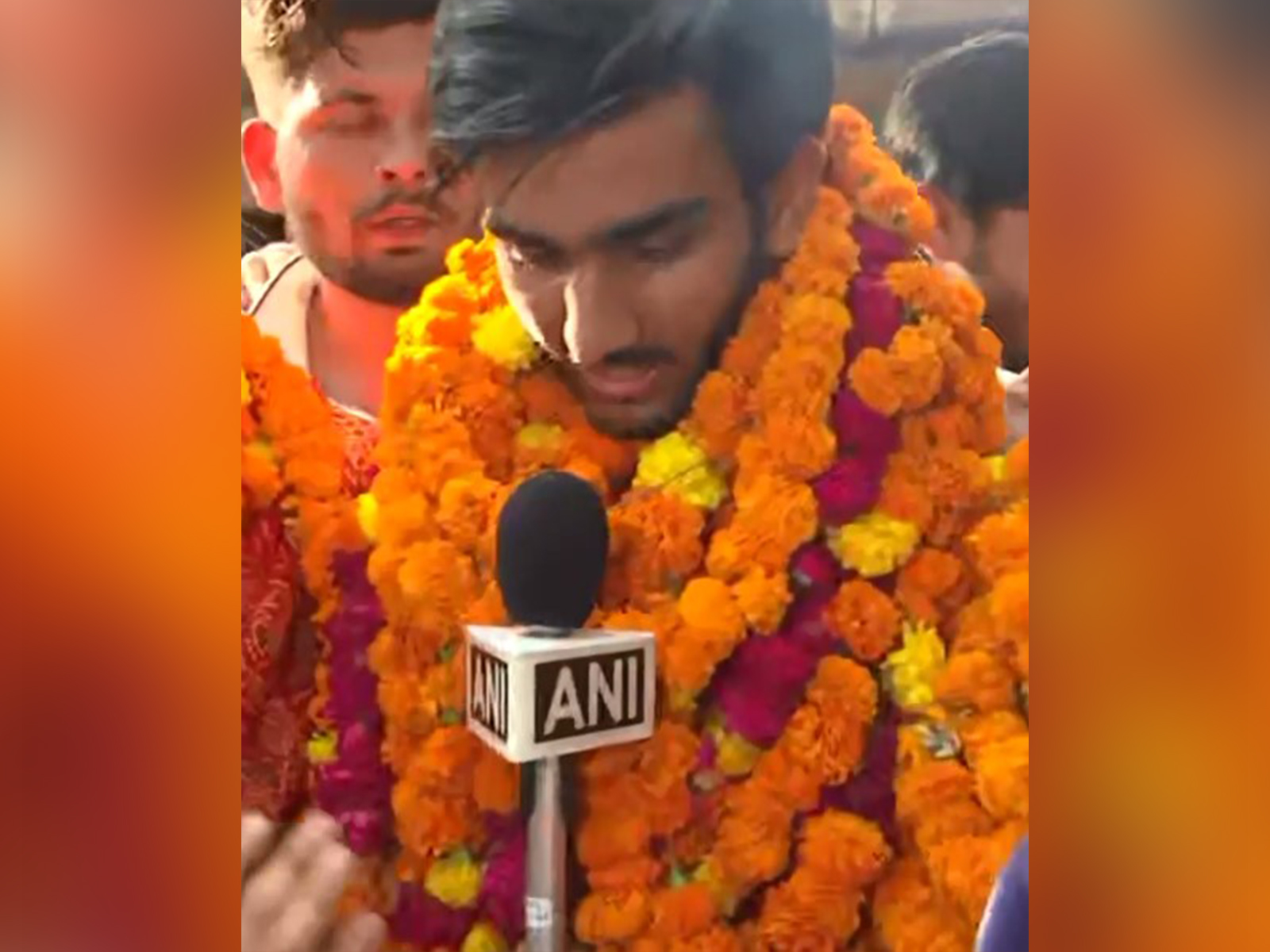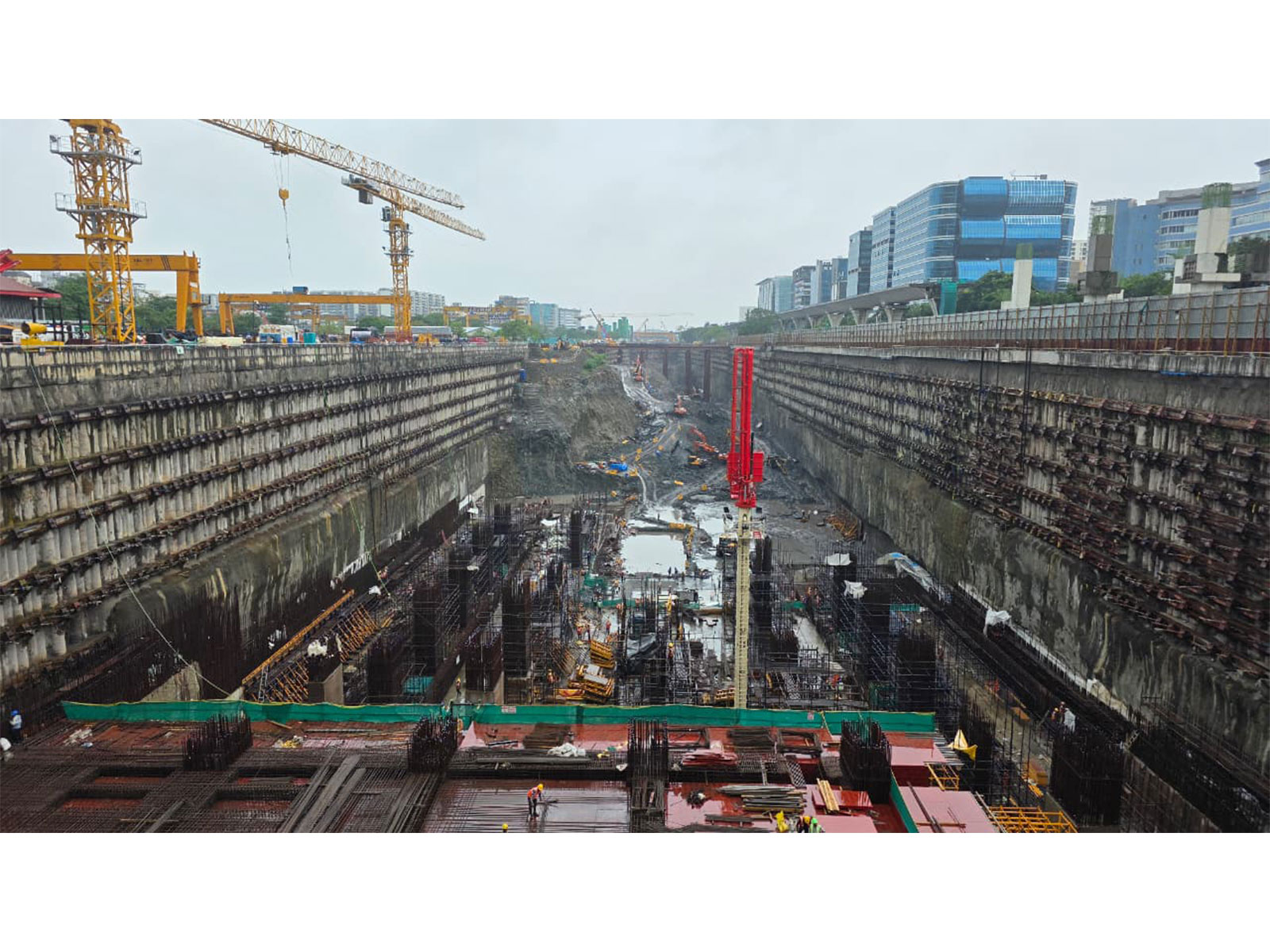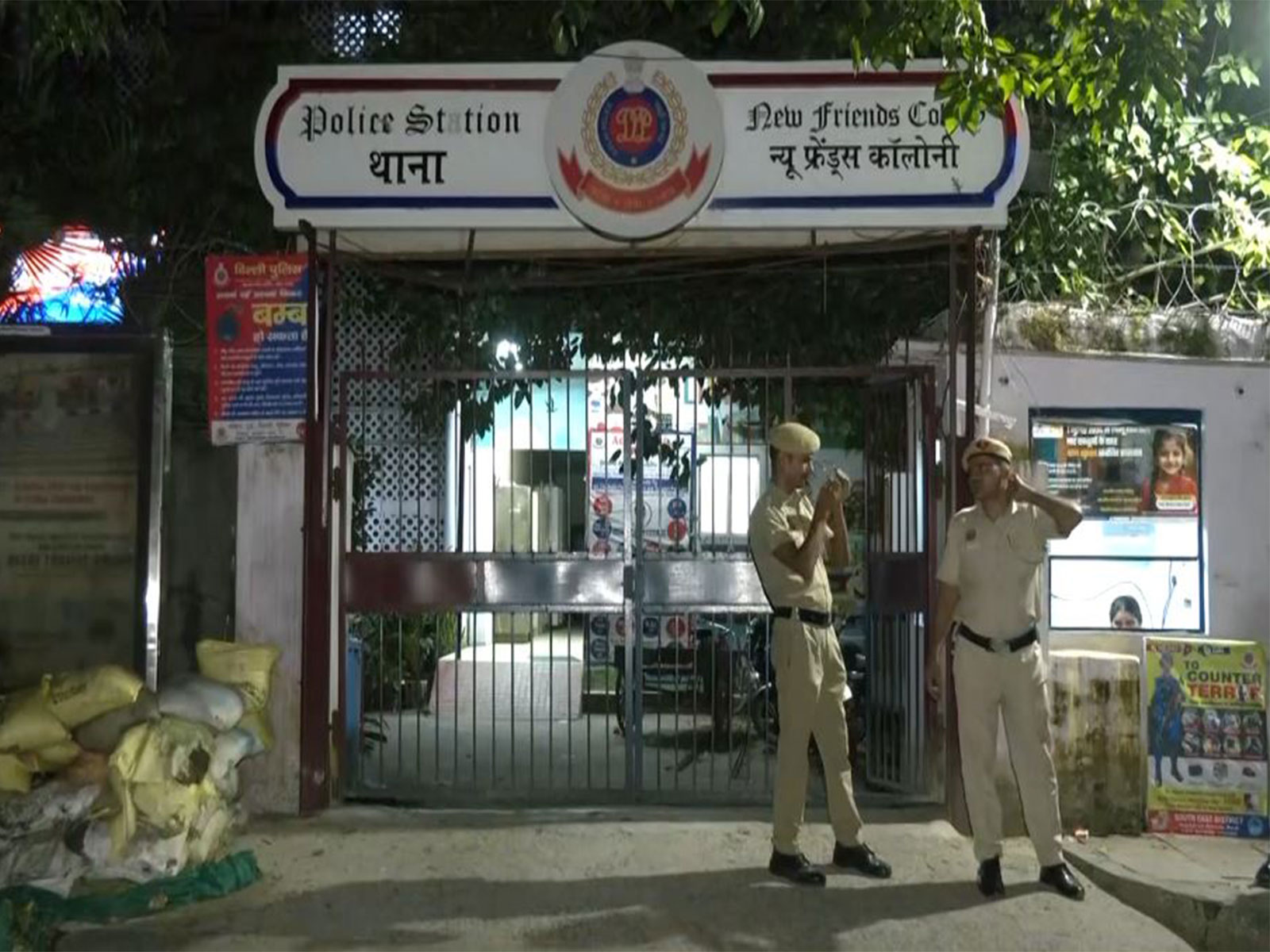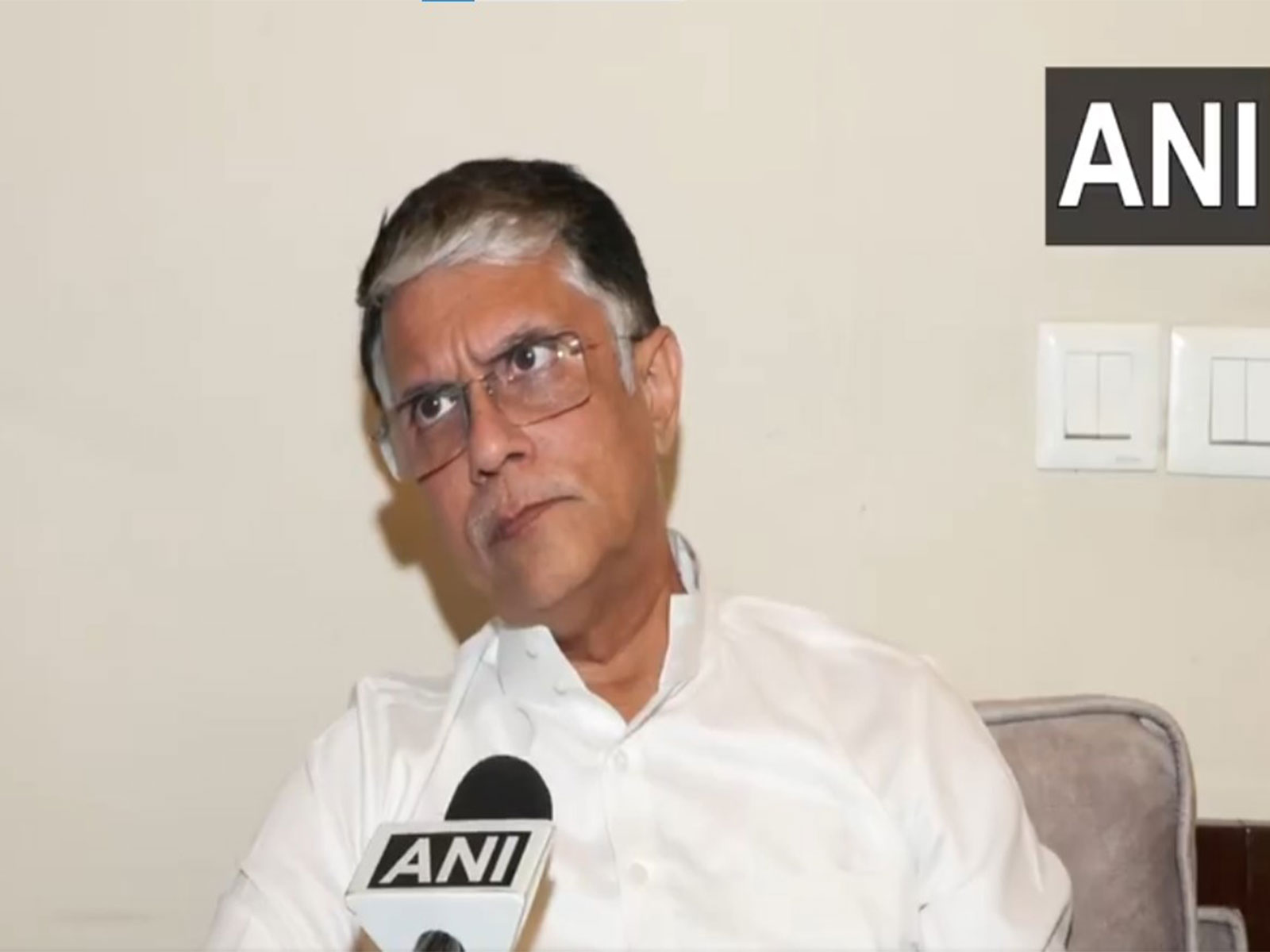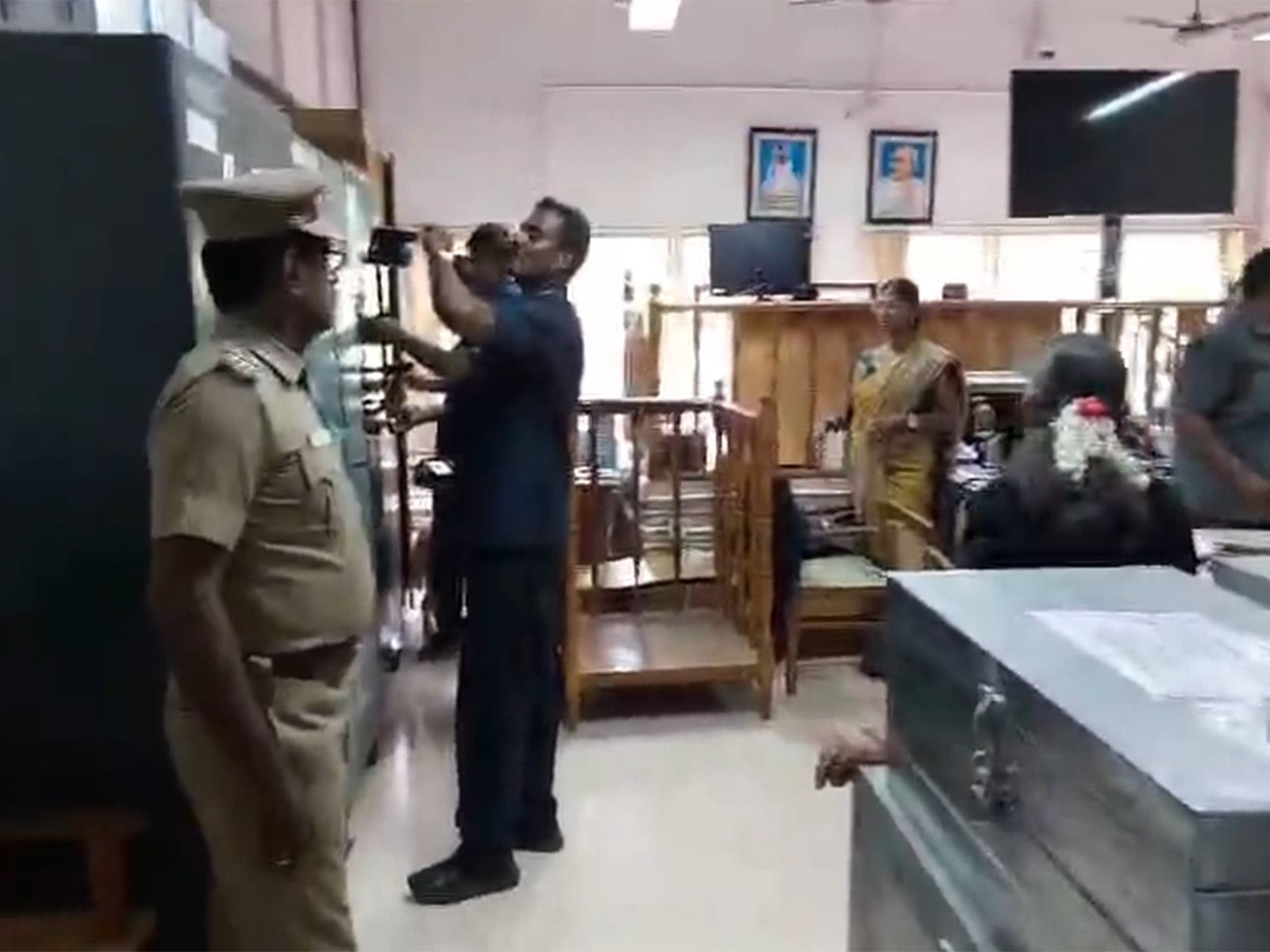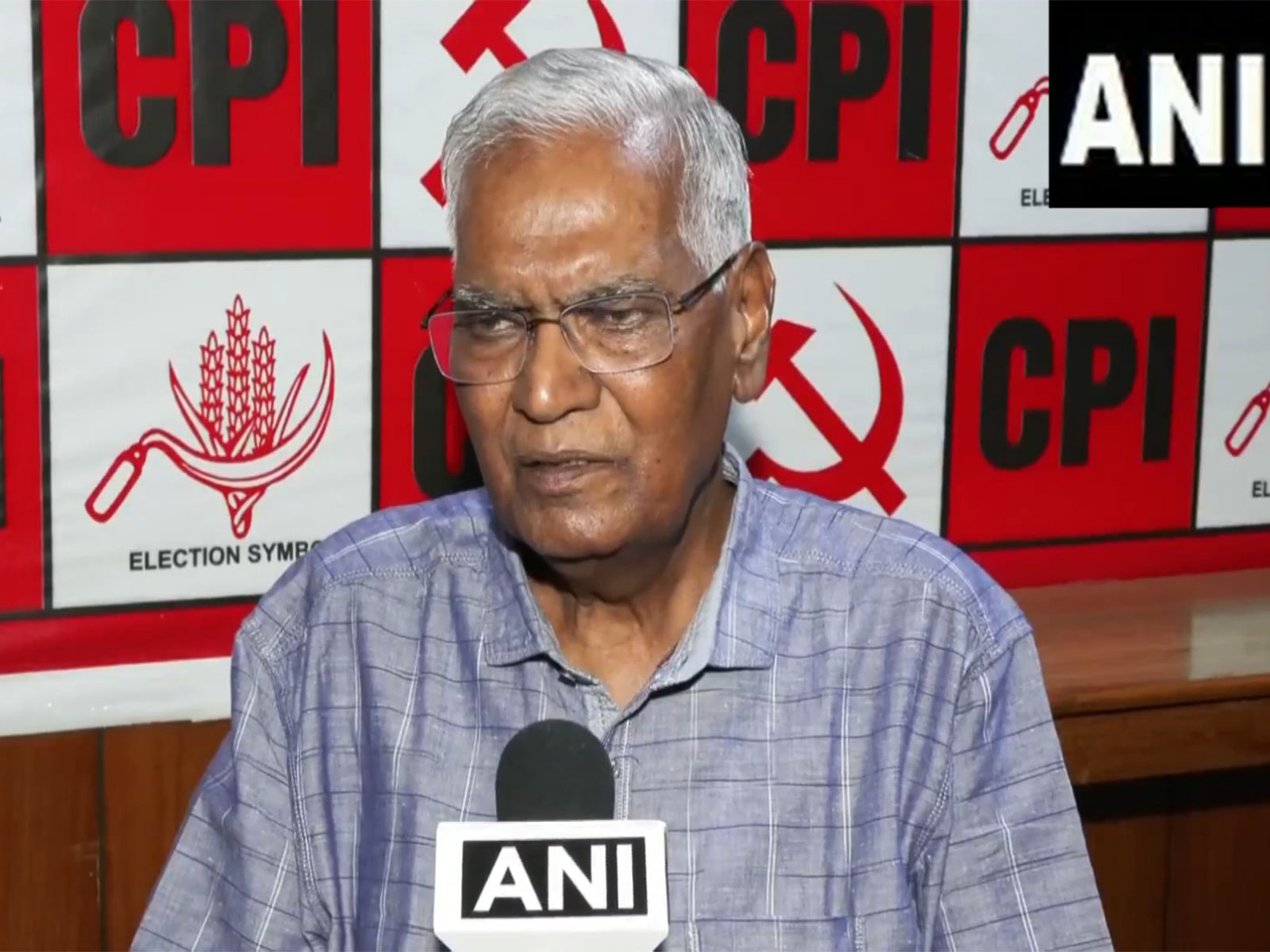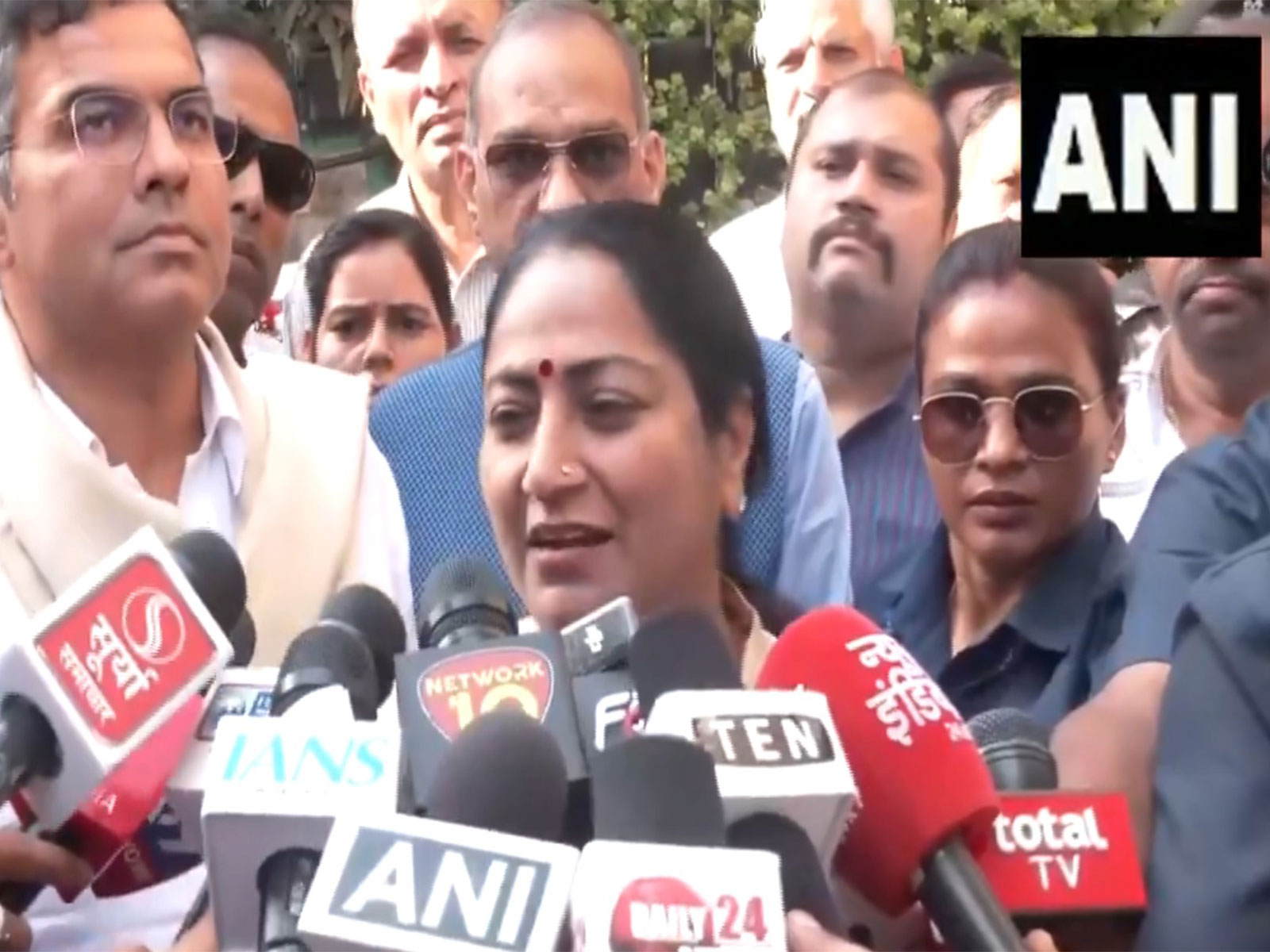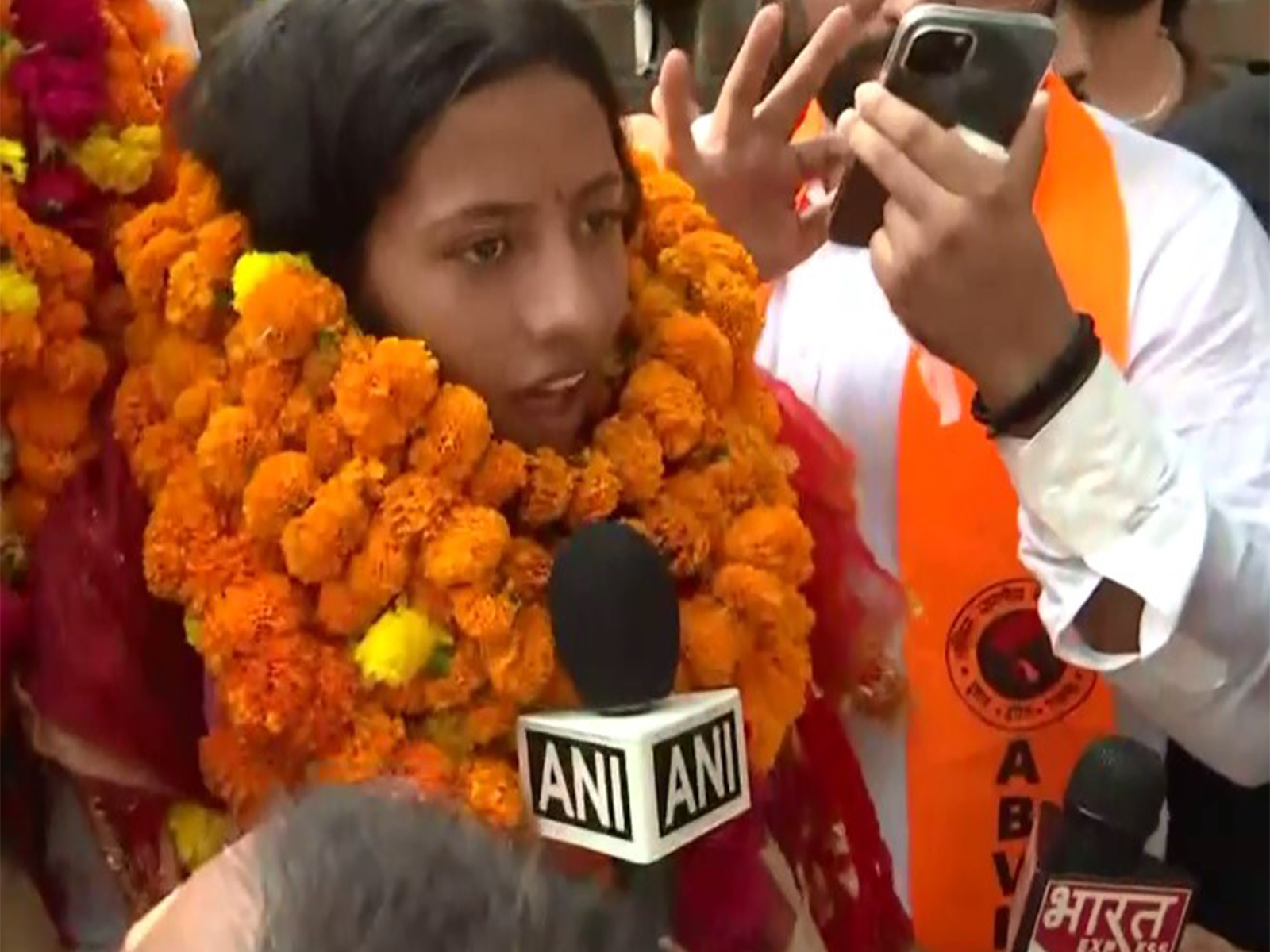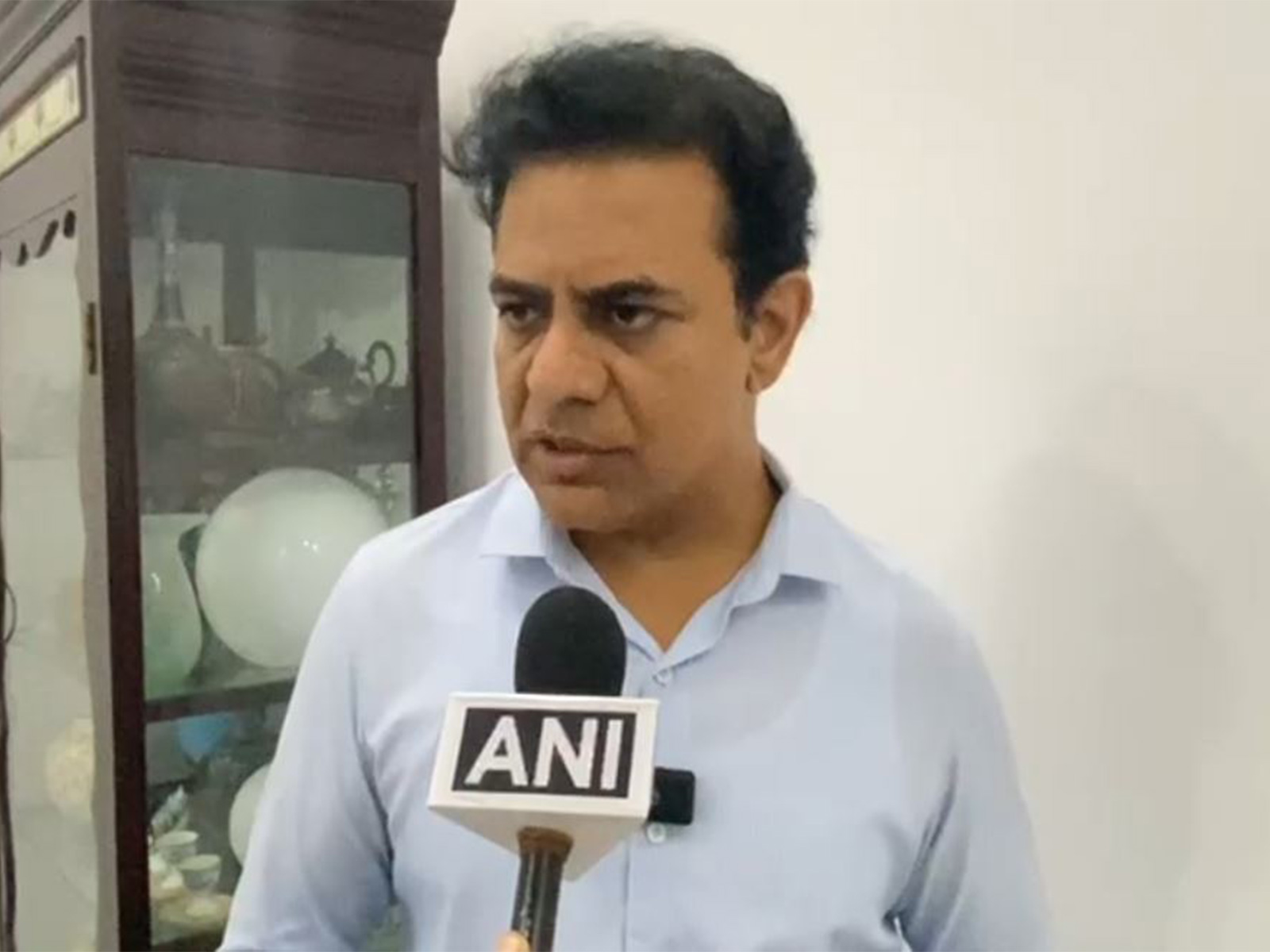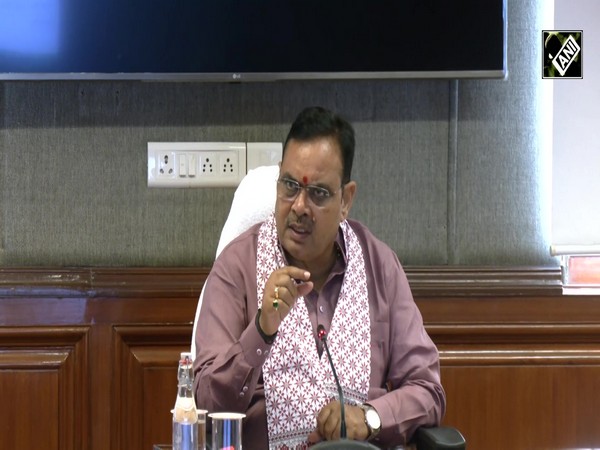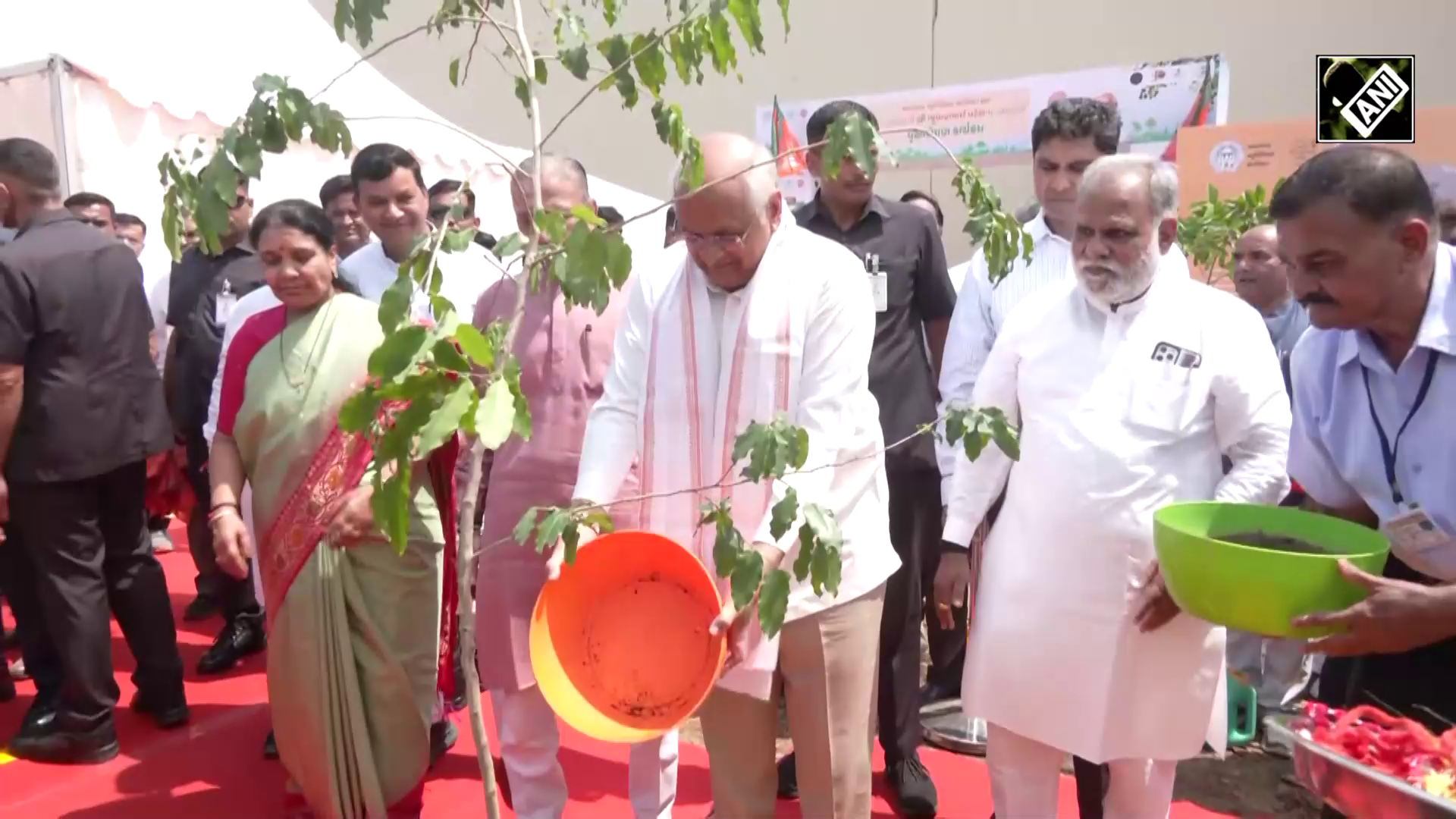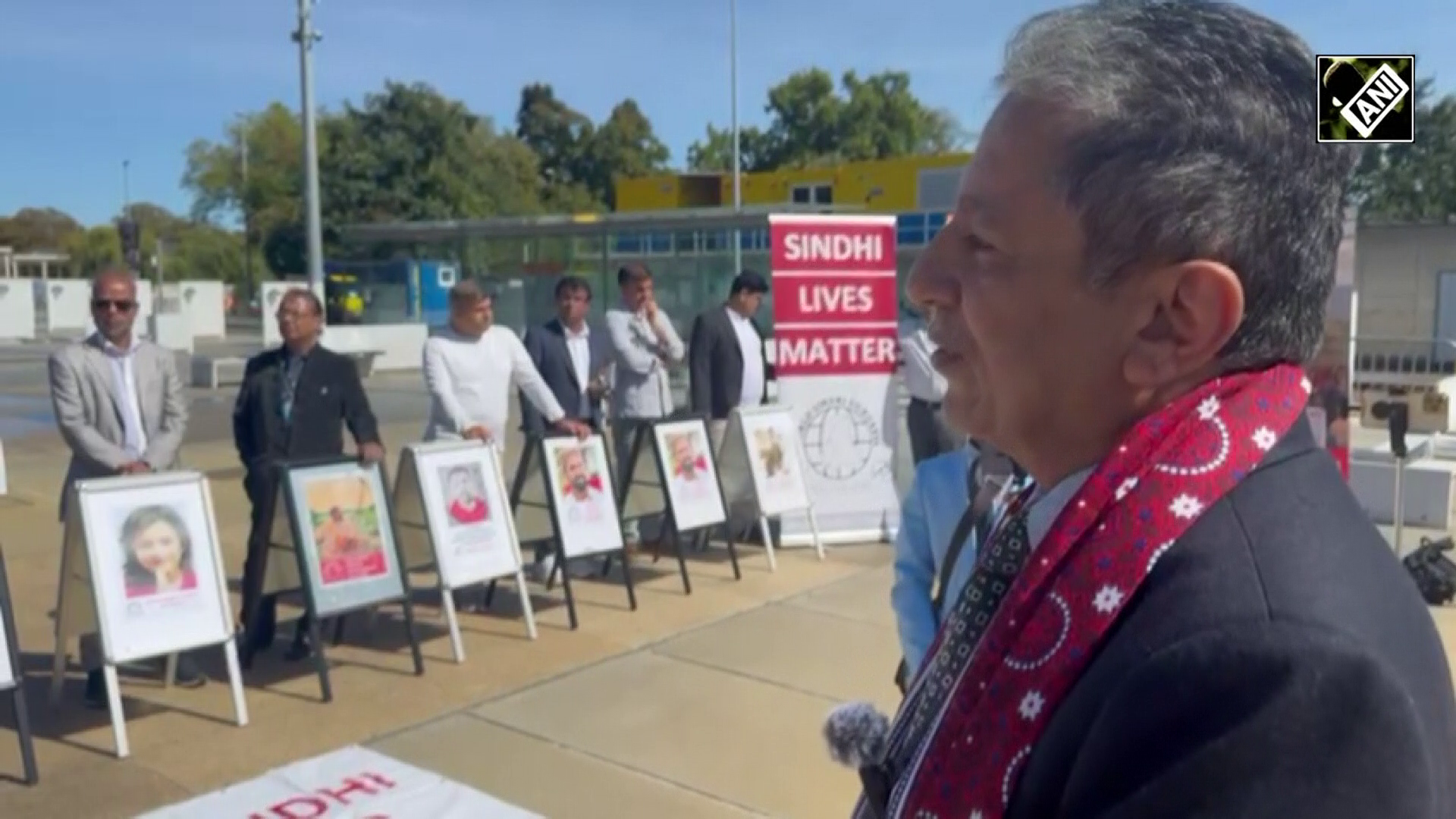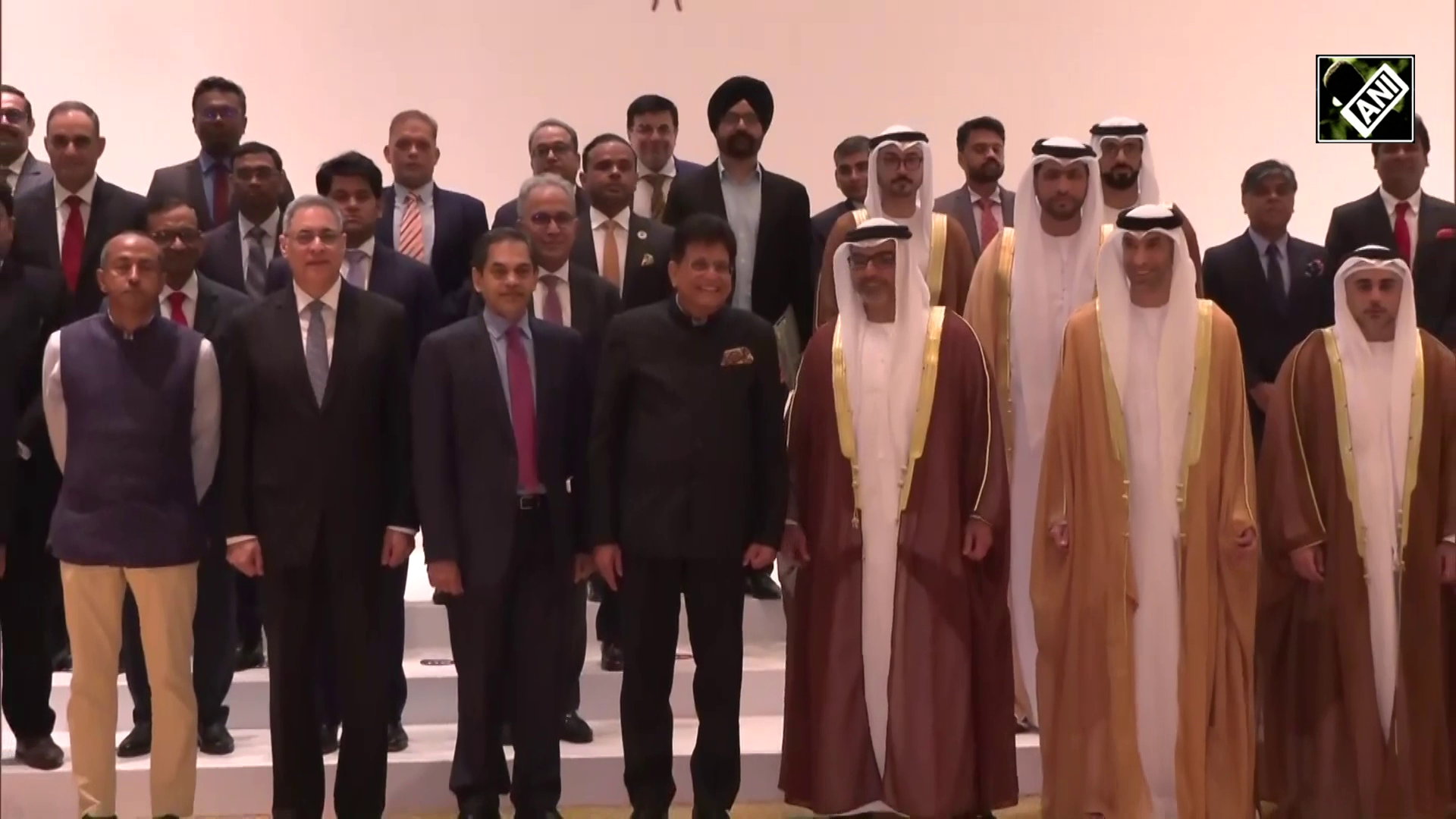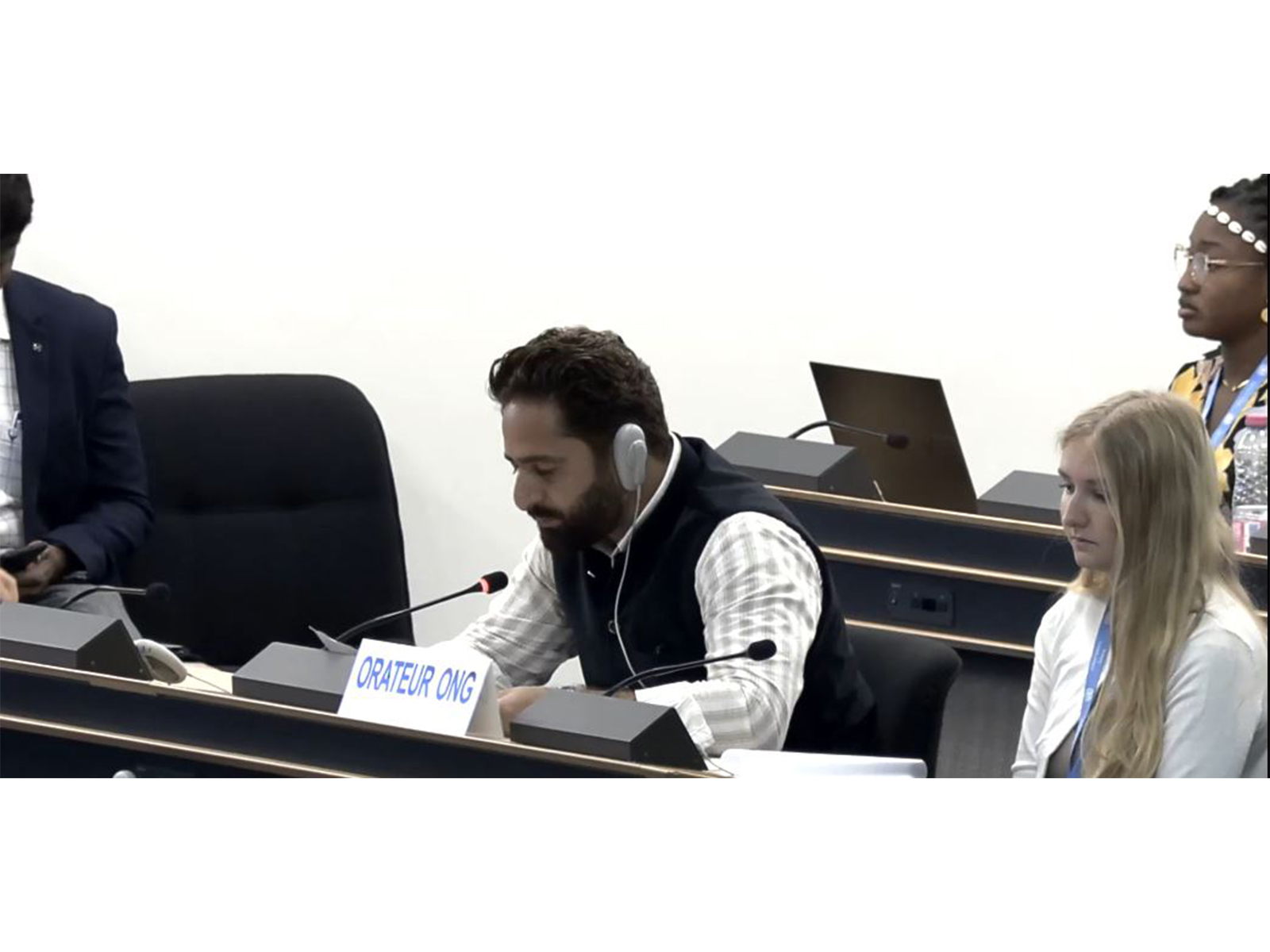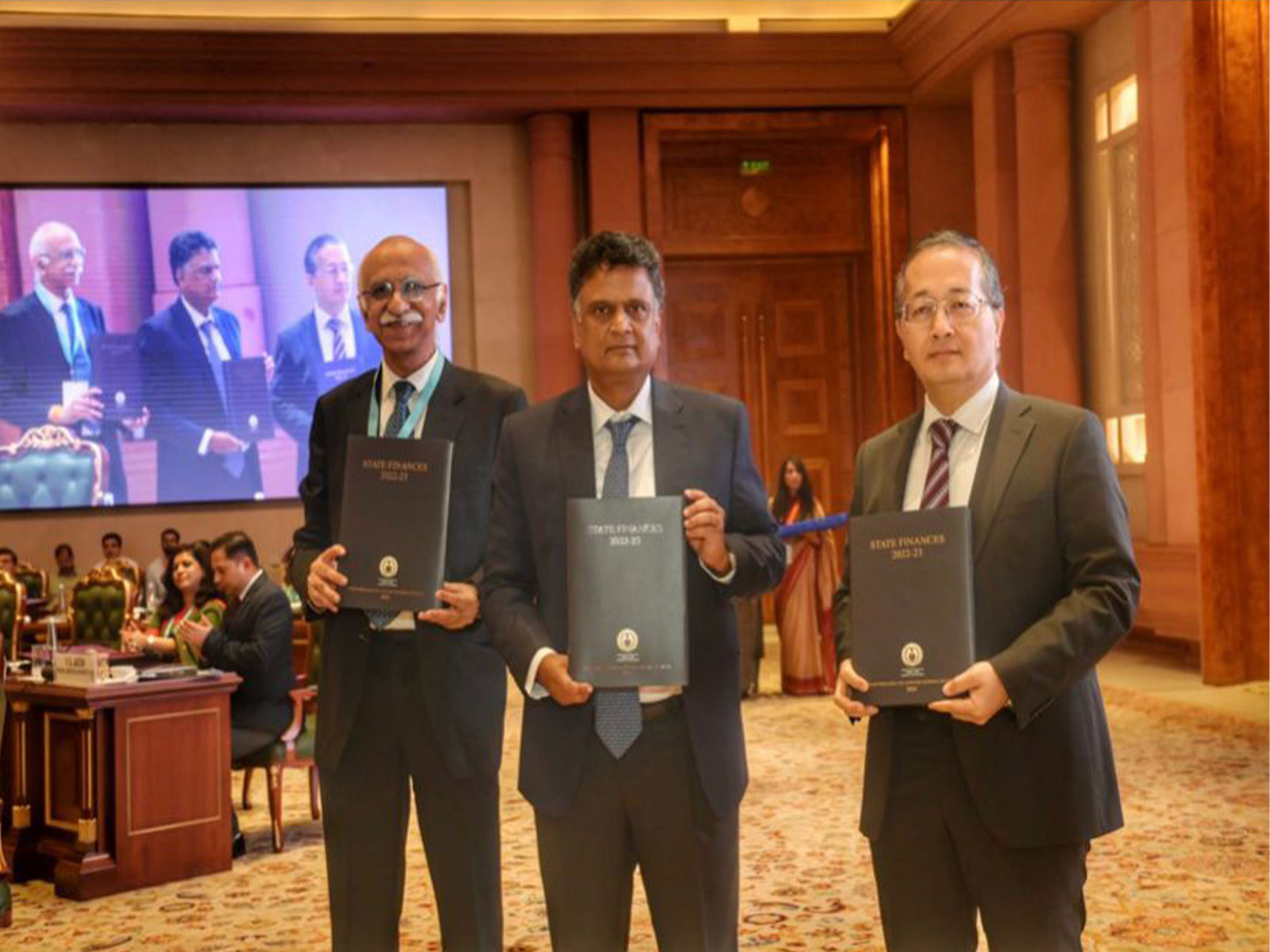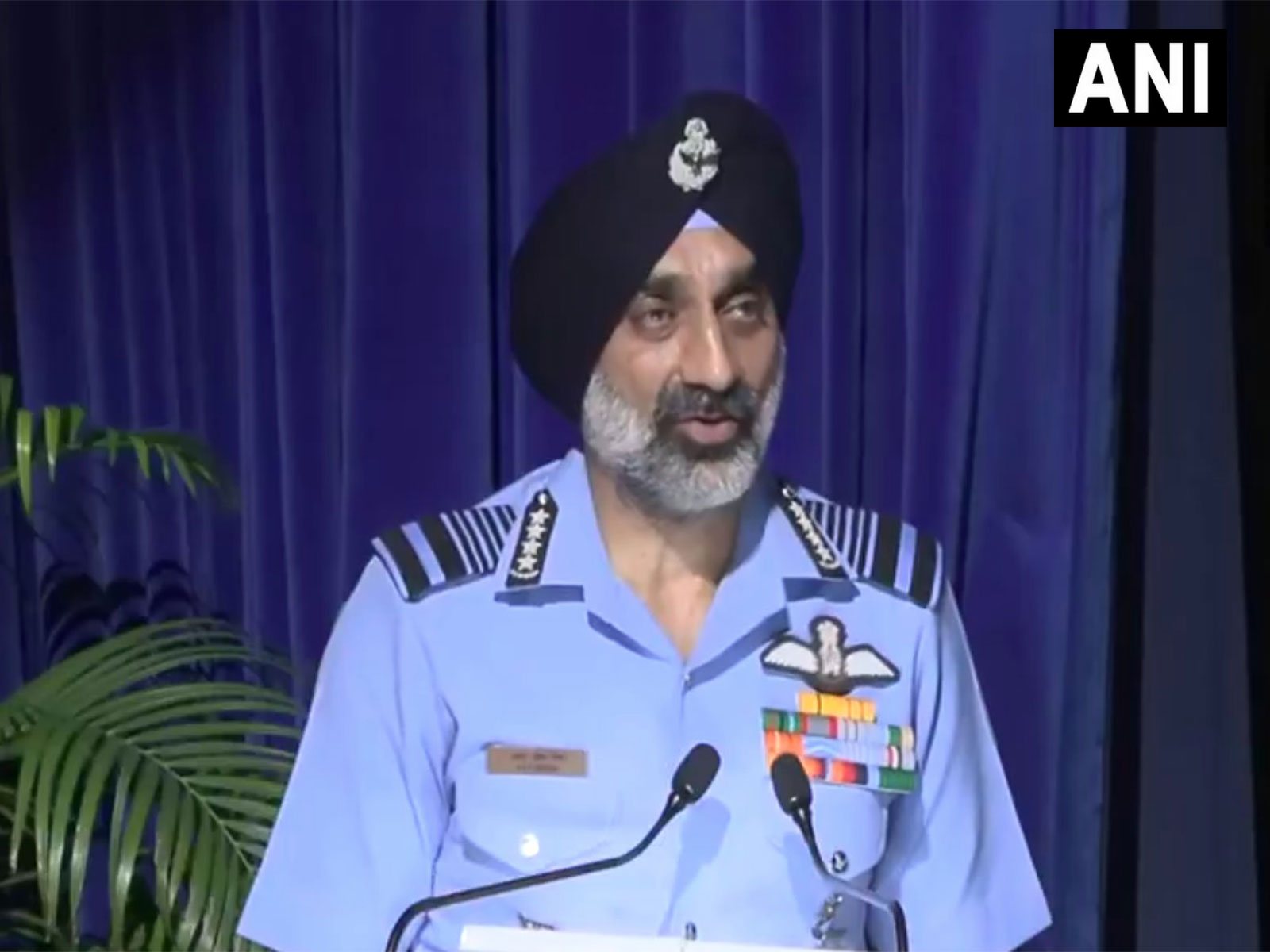
"We struck them nice and hard, many of their bases were damaged...": IAF Chief on India's response to Pakistan's escalation during Op Sindoor
Sep 19, 2025
New Delhi [India], September 19 : IAF Chief Air Chief Marshal AP Singh on Friday said that India struck Pakistan "nice and hard" after Islamabad decided to escalate the conflict during Operation Sindoor and that many of Pakistan's airbases were damaged and radars, control and coordination centres suffered a lot of damage.
Speaking at the Annual General Meeting (AGM) organised by the Air Force Association (ASA), the IAF chief also spoke of the need to stop a conflict when objectives have been achieved and said the "world has to learn a lesson from India".
"We were given terrorist targets. We accurately struck them. When our enemies refused to stop the war and tried to attack us, then we struck them nice and hard. Many of their bases were damaged. A lot of their infrastructure, radars, control and coordination centres, their hangars, aircraft suffered a lot of damage," he said.
India carried out Operation Sindoor in response to the Pahalgam terror attack and the Indian Armed Forces hit terror infrastructure in Pakistan and PoJK through precision strikes in May this year. India repelled subsequent escalation by Pakistan and pounded its airbases.
India agreed to the cessation of hostilities after Pakistan's DGMO called his Indian counterpart.
Referring to conflicts in the world, he said they are continuing as no one is thinking about conflict termination. He also spoke of achieving the objective of Operation Sindoor.
"The main wars that are going on today, be it Russia, Ukraine or the Israel war. They are going on, years have passed, because no one is thinking about conflict termination...We heard that people said that no, we should have done a little more. We stopped the war very quickly. Yes, they were on the back foot, no doubt, but what were our objectives? Our objective was anti-terrorism. We had to strike them. We had done that. So if our objectives have been met, then why should we not terminate a conflict? Why should we carry on? Because any conflict has a lot of price which has to be paid. It will affect our preparedness for the next one. It will affect our economy," he said.
"It will affect the progress of the country. So, I think this is what the world is forgetting. They do not know what our target was when we started the war. Now their goal post is shifting. Egos are coming in between. And this is where I think the world has to learn a lesson from India how to start and terminate a conflict at the earliest possible opportunity," he added.
He also lauded the political leadership, saying there were clear directions and "full freedom".
"Last time, when the Balakot strike happened, the Air Force was repeatedly asked, we ask our own people more, but we think less about others, so it was repeatedly asked that nothing is being seen... I think one of the best things that happened was that there was political will. Our leadership gave us clear directions, and no restrictions were imposed. Full freedom was given to us to plan, and there was jointness; all three services were sitting together, discussing together, planning together, along with the CDS, along with other agencies, NSA was a big part of doing that," he said.
